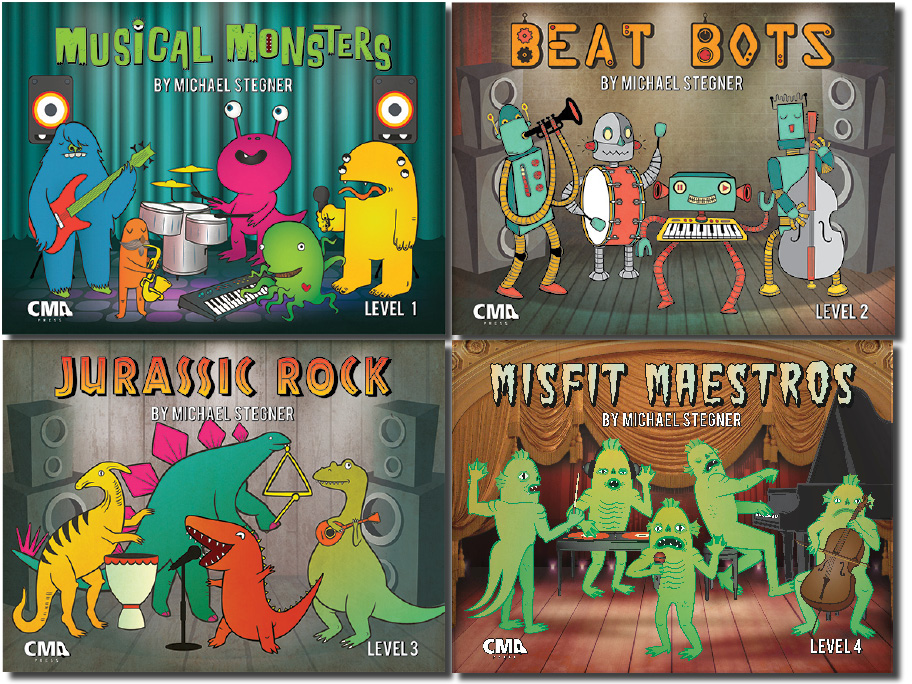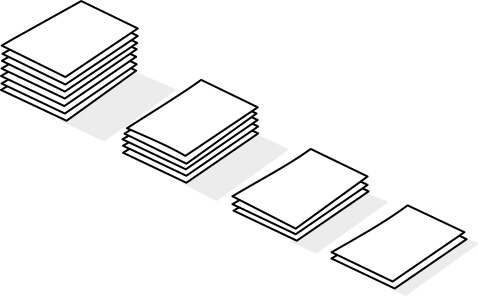Perfection as a Way of Life
After the post last week about recovering from bad performances, several folks have asked for more information and specifics in regards to the approaches I mentioned. This post will be part of a series on methods we can use to treat each practice session and/or rehearsal as a performance – hopefully making each performance less tense and more rewarding in the process.










